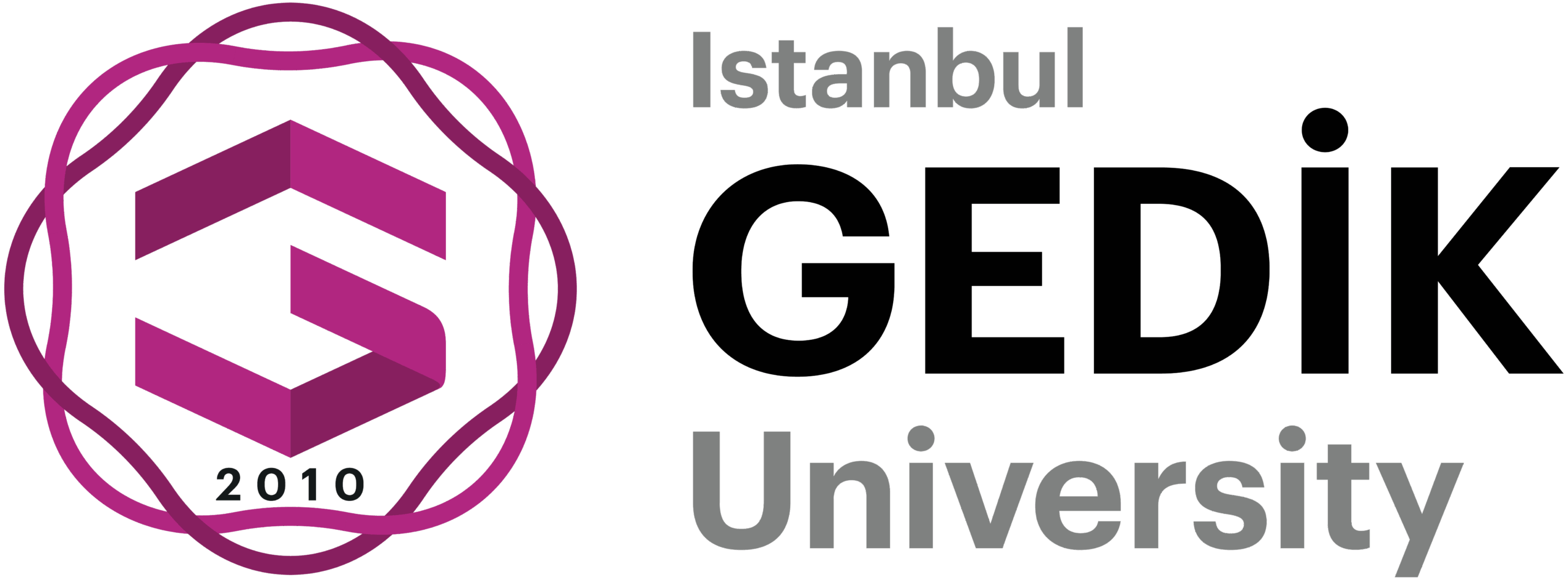- To gain basic theoretical and applied knowledge in the field of mathematics, science and basic engineering.
- To have the ability to interpret and evaluate data, identify and analyze problems, and develop solutions based on evidence by using the basic knowledge and skills acquired in the field.
- To be able to choose and effectively use modern techniques, tools and information technologies required for applications related to the field.
- To gain the ability to design using technical drawing, computer aided drawing, simulation programs and to select systems and components related to the field using various software, to make basic dimensioning calculations, to draw professional plans and projects.
- To be able to produce solutions when faced with unforeseen situations in applications related to the field, to take responsibility in teams or to gain the ability to work individually.
- To have knowledge of a foreign language at a level to be able to follow the innovations in the field and have a command of effective communication techniques.
- To gain awareness of the necessity of lifelong learning, to follow the developments in science and technology and to constantly renew oneself.
- To respect historical values, having social responsibility, universal, social and professional ethical awareness.
- To have knowledge and quality awareness on occupational safety, worker health, occupational accidents and environmental protection.
- To gain the ability to use computer software and hardware at the basic level required by the field.
- To gain application skills by examining the relevant processes in the industry and service sector on site.
- To gain oral and written communication skills in the national and international arena.
- To have knowledge and skills at the associate degree level related to the field.

- ABOUT US
- Corporate
- Management
- Administrative Departments
- General Secretariat
- Legal Consultancy
- Information Technology Department
- Administrative Affairs Department
- Corporate Communications and Public Relations Department
- Library and Doc. Department
- Financial Affairs Department
- Student Affairs Department
- Directorate of Personnel Department
- Health, Culture and Sports Department
- Department Of Strategy Development
- Construction and Technical Department
- Publishing Coordinatorship
- Directorate of Editorial Affairs
- Units Affiliated to the Rectorate
- ACADEMIC
- RESEARCH
- STUDENTS
- CONTACT
Program Learning Outcomes
Published Date: 24 November 2024Update Date: 25 November 2024